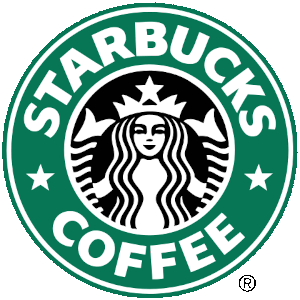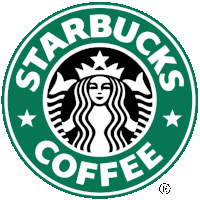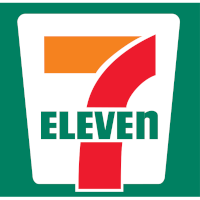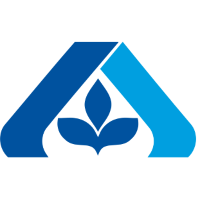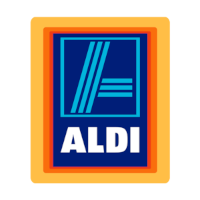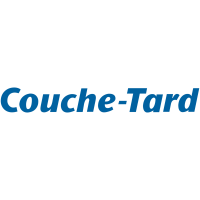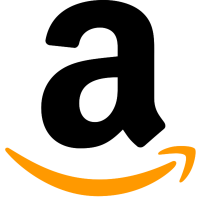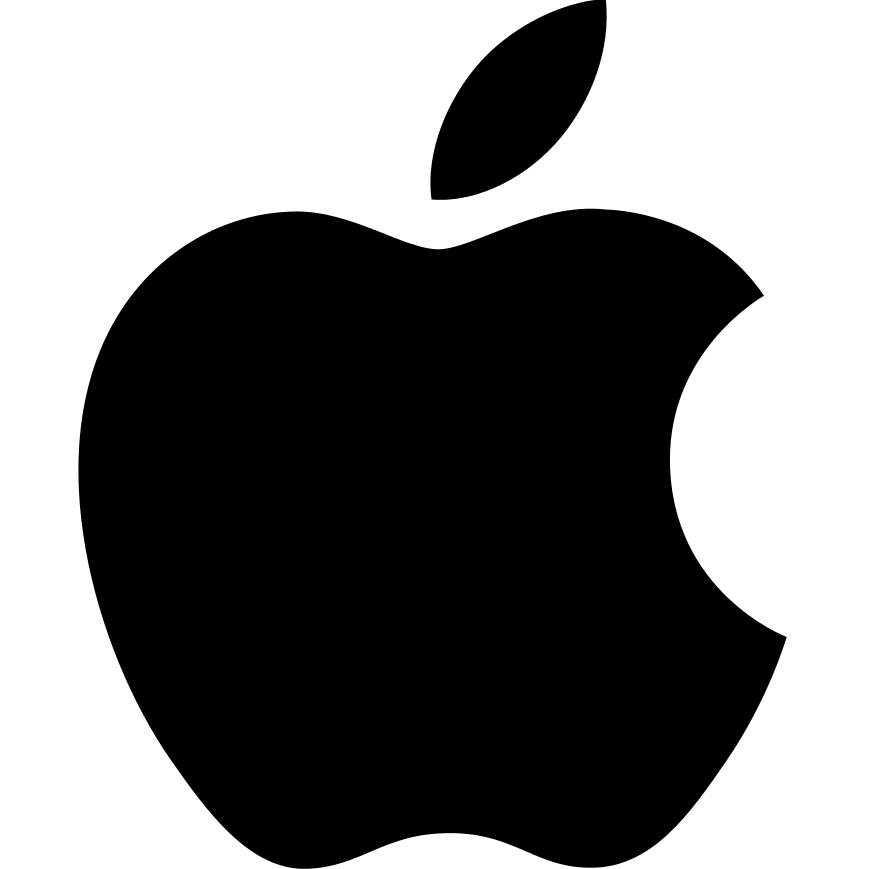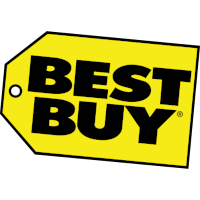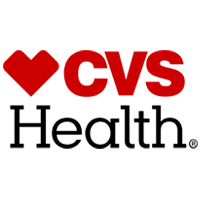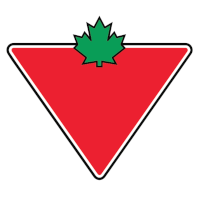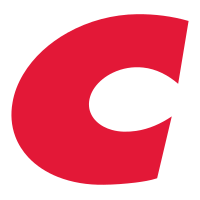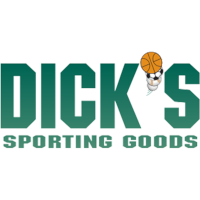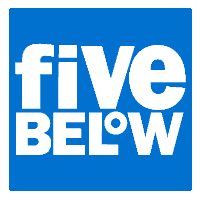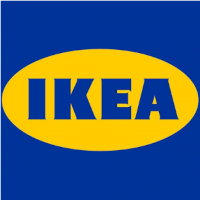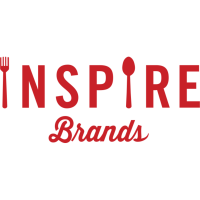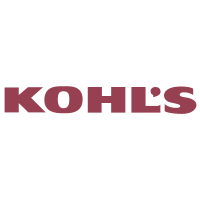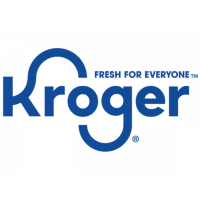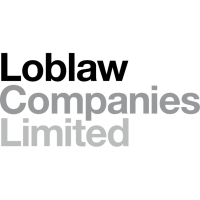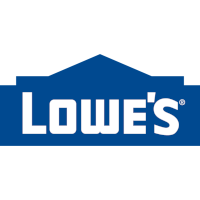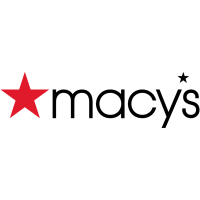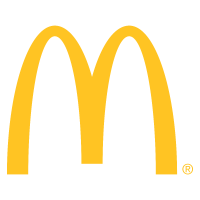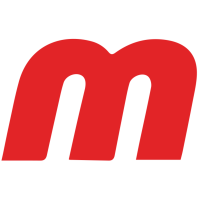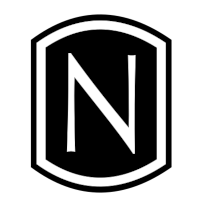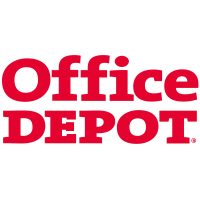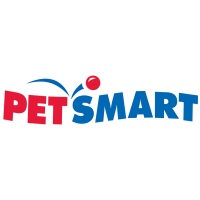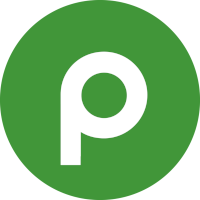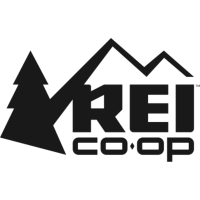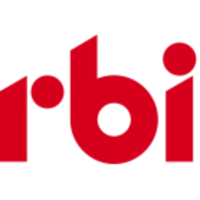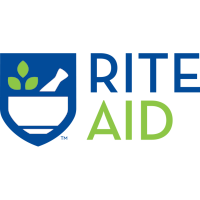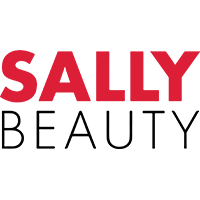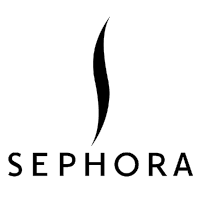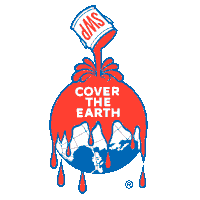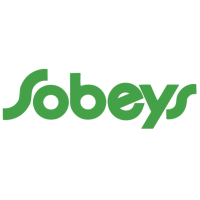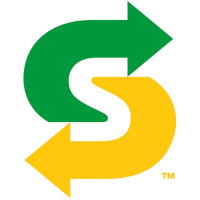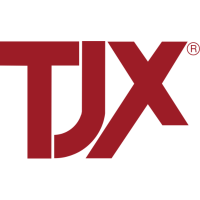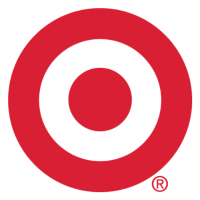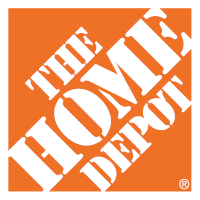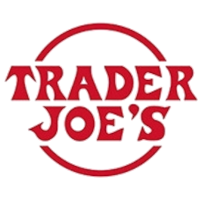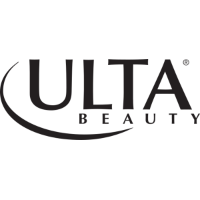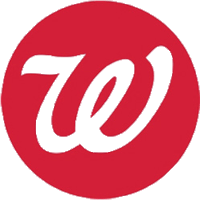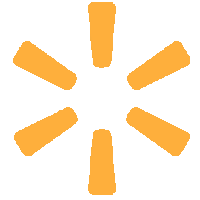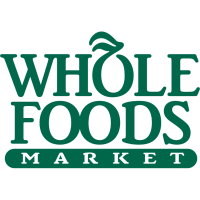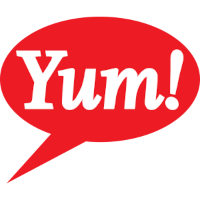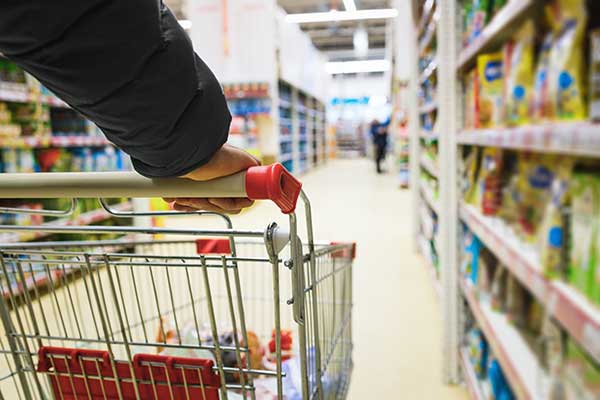Key Findings and Recommendations
- Corporate Commitment: Based on available public information, Starbucks has failed to commit to reducing toxic chemicals and plastics or supporting safer solutions. Starbucks should publicly commit to develop and implement a corporate safer chemicals policy and actively explore best practices with peer organizations and outside experts.
- Transparency: There is no indication Starbucks requires suppliers to disclose chemical ingredients or plastics to the retailer or consumers, nor that it requires testing to ensure products are free of hazardous chemicals or plastics beyond regulatory compliance. Starbucks should require ingredient disclosure, verify accuracy, and evaluate its chemical footprint.
- Ban the Bad: Starbucks restricts PFAS, PVC, polycarbonate, and expanded polystyrene plastics in the packaging of cases for transporting food items to stores. The company also has a goal to eliminate PVC, PVDC, polystyrene, and carbon black in packaging by 2025, but has not reported progress on meeting that goal. In 2022, Starbucks set another goal to eliminate PFAS globally by the end of 2023, but it is unclear if the company met this goal. Starbucks should set public, time-bound goals for reducing additional high-hazard chemicals and plastics and report on its progress in meeting those goals.
- Safer Solutions: In 2024, Starbucks announced that it will allow customers to use personal cups both in-store and to go, a strategy that should reduce the need for a chemical replacement in disposable cups. The company is also testing reusable and returnable cups in California and other markets around the world. Starbucks should continue to invest in and adopt solutions that ensure that its products and packaging are safer for the health of consumers, communities, workers, and the environment.
2024 Detailed Analysis of Starbucks
Corporate Chemicals Policy
Adopted a safer chemicals policy
Oversight
Established management oversight
Chemical Footprint Project (CFP)
Participated in the CFP
Collaboration
Actively participates in collaborative process to promote safer chemicals
Public Policy Support
Supported governmental policies to reduce chemicals or plastics of high concern
Supply Chain Disclosure
Brands report use of chemicals or plastics in products or packaging to retailer
Supplier Accountability
Ensures supply chain accountability for chemicals or plastics restrictions
Consumer Disclosure
Brands disclose use of chemicals or plastics to consumers
Chemical Footprint Calculation
Publicly disclosed its chemical footprint
Restricted Substances List (RSL)/Manufacturing Restricted Substances List (MRSL)
Reduction/Elimination Goals
Chemicals and Plastics Reduction
Reduced or eliminated toxic chemicals or plastics of high concern
Safer alternative definition
Adopted a definition of safer alternative consistent with Washington state
Investment in Safer Solutions
Invested financial resources to advance and drive development of safer solutions
Implementation of Safer Solutions
Replaced chemicals or plastics of concern with safer solutions
Quantified Safer Products
Measured and disclosed progress towards safer products
How does Starbucks compare to its competitors?
Previous Grade History
NOTE: Our evaluation criteria changed in 2024. The scores from previous review years through 2021 are based on a different set of criteria measured.
Click or tap on a grade year to review additional details (where available).

